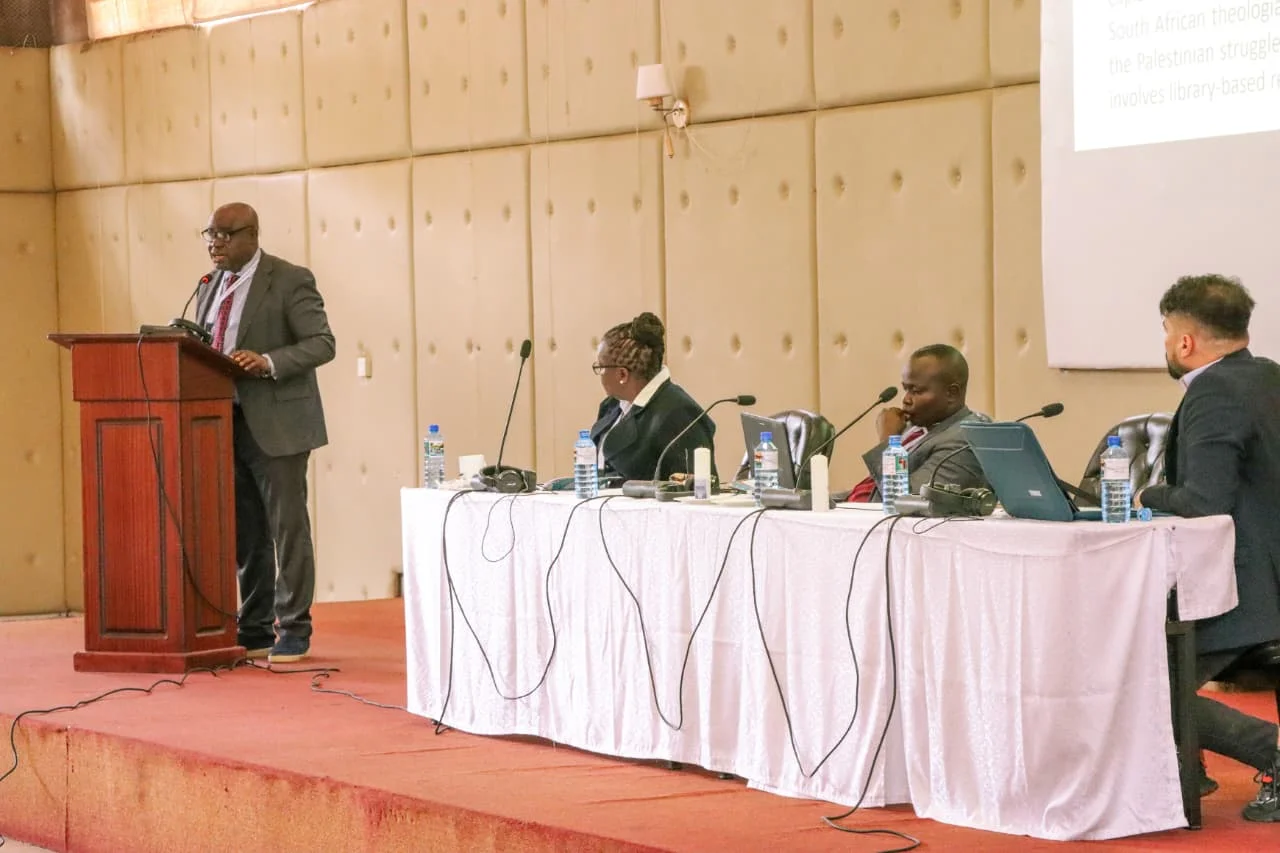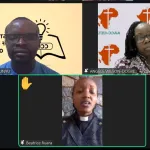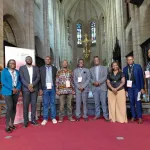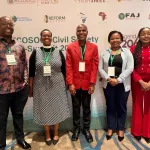AACC’s 6th Theological Symposium Examines Ecclesial Authenticities and Identities in the Context of African Churches’ Relations with Israel and Palestine
The third thematic focus of the 6th Symposium on the Theology of the Churches of Africa on Israel and Palestine, turned attention to contemporary theological, and political reflections on the Holy Land. The session brought together diverse African voices, wrestling with questions of faith, justice and identity in the context of Israel and Palestine. Rev. Jantiku Jamare opened the discussion with a thought-provoking presentation on Christian Zionism in Africa. He traced the growth of the Zionist movement from its Anglo-American evangelical roots to its expansion across Africa, where pilgrimages to Israel, Jewish symbols in worship and political support for the State of Israel have become increasingly common.
“Christian Zionism can enrich our faith,” he said, “but it risks subordinating African theology to Western frameworks.” He warned that any theology that glorifies one nation above Christ’s universal gospel fails the Spirit of peace and justice.
Sadje, Hadje Cresencio explored the Ecumenical Accompaniment Programme in Palestine and Israel (EAPPI) as a model of transformative ecumenism, grounded in solidarity and peacebuilding. He portrayed Israel as a settler colonial state enforcing everyday occupation, noting that Palestinian Christians remain among the most neglected voices.
“EAPPI,” he explained, reverses the traditional theological agenda, by grounding doctrine in lived experience and grassroots engagement. It decentralizes participatory approach, marked by checkpoint monitoring, collaboration with local NGOs and advocacy for justice, embodies what Sadje called “insurgent ecclesiology” through which the Church renews its prophetic voice and confronts complicity.
“Transformative ecumenism,” he concluded, “is theology lived at the margins, where solidarity becomes the truest form of faith.”
Rev. Dr. Christopher Aigbadumah’s presentation interrogated the notion of equating Zionism with apartheid, raising critical questions about liberation, justice and theological responsibility in the region.
In the photo: Panelist presenting during the session [Courtesy: Brian Muyunga]




